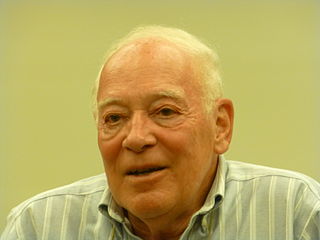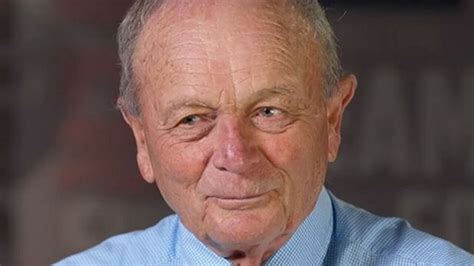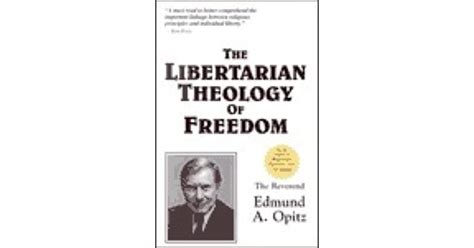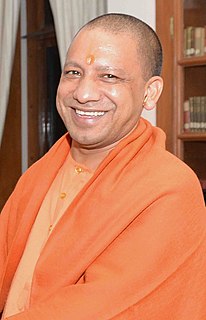A Quote by Ellery Schempp
Our constitution mentions religion just twice, and both times the word 'no' are attached.
Related Quotes
We are in love with the word. We are proud of it. The word precedes the formation of the state. The word comes to us from every avatar of early human existence. As writers, we are obliged more than others to keep our lives attached to the primitive power of the word. From India, out of the Vedas, we still hear: On the spoken word, all the gods depend, all beasts and men; in the world live all creatures...The word is the name of the divine world.
I went to the brink many times.
A couple of times I thought "I'm gone, This is it."
But then you would just keep working.
I think if you're close to the brink and just make sure that you work twice as hard and put twice as much effort into everything and the people around you and everything, you should come through.
Transcendence or detachment, leaving the body, pure love, lack of jealousy-that's the vision we are given in our culture, generally, when we think of the highest thing. . . . Another way to look at it is that the aim of the person is not to be detached, but to be more attached-to be attached to working; to be attached to making chairs or something that helps everyone; to be attached to beauty; to be attached to music.
Is the appointment of Chaplains to the two Houses of Congress consistent with the Constitution, and with the pure principle of religious freedom? In strictness the answer on both points must be in the negative. The Constitution of the U. S. forbids everything like an establishment of a national religion. The law appointing Chaplains establishes a religious worship for the national representatives, to be performed by Ministers of religion, elected by a majority of them, and these are to be paid out of the national taxes. Does this not involve the principle of a national establishment ... ?
We have no government armed with power capable of contending with human passions unbridled by morality and religion. Avarice, ambition, revenge or gallantry would break the strongest cords of our Constitution as a whale goes through a net. Our Constitution is designed only for a moral and religious people. It is wholly inadequate for any other.
Religion in the West has a very wrong connotation. It has almost reached to a point where the very word 'religion' creates a repulsion, where the very word 'religion' reminds one of dead churches and dead priests. It reminds one of serious looking people, long faces. It has lost the capacity to dance, to sing, to celebrate. And when a religion has lost the capacity to dance, to celebrate, to sing, to love, just to be, then it is no more religion - it is a corpse, it is theology. Theology is dead religion.




































